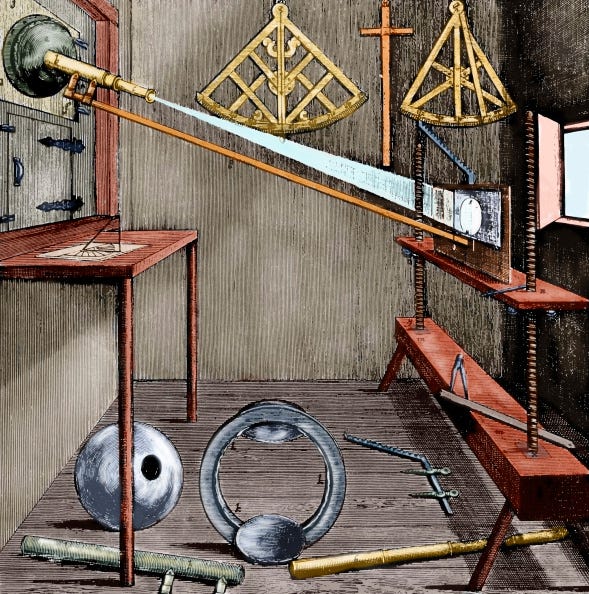Dear Friends, apologies for missing a couple of weekends with the Ukraine lectures. I was in Ukraine for one of them, and have been catching up ever since. This is is about the crucial early modern period, in which various forms of Polish power provoke a distinctly Ukrainian rebellion. In Ukraine in we see a distinct and dramatic conflux of the age of discovery, the renaissance, the reformation, in a setting that is both European and at the same time global colonial. In this lecture we can see both the apogee of a certain Polish-Lithuanian system that included most of what is now Ukraine, as well as the beginning of its decline. 1648 is a crucial moment in Polish, Ukrainian, Jewish, and Russian history, and is also quite important to the Ottomans and the Swedes. As always, there are more factors at play than either a narrow national or an exclusive imperial history would admit. I hope you find it edifying!
The video is here and the podcast version is here or here.
Reading: Plokhy, Gates of Europe, chapters 8, 9, 10, 11, 12.
Terms:
Noble estate (szlachta)
Jogaila, Jagiełło: 1351-1435
1422 Czerwińsk Privilege
1430 Habeus corpus
Casimir the Jagiellonian
Sejm (takes form 1493)
Alexander
Zygmunt I The Old, r. 1506-1548.
Mazovia (incorporated 1526)
Battle of Mohács (1526)
Hohenzollern (rights to succession in Prussia)
Livonian Wars
Zygmunt II August 1520-1572
Union of Lublin 1569
Konstantyn Ostroz'kyi founds Academy, prints Bible
Petro Mohyla, academy
Crimean Khanate
Cossacks
Zygmunt III Vasa (r. 1587-1632)
Bohdan Khmelnyts'kyi
1654 Treaty of Pereiaslav
1667 Treaty of Andrusovo
TS 7 April 2023





Today we speak of Poland and Ukraine as countries. As Professor Snyder points out, this has not been the case for much of the past 400 years. On occasion Poland disappeared, then a small portion of Poland would reemerge, perhaps to disappear again.
During WW II German and the Soviet Union divided much of ‘Poland.’ General Bor’s uprising in 1944 was a recent Soviet effort to ‘rearrange’ Poland. The Danzig corridor was returned to Poland from Germany after WW II. Poland did not have an easy re-emergence as the Cold War was ending.
Ukraine has an equally topsy-turvy heritage.
I wonder how Polish and Ukrainian citizens are taught and feel about their history?
I found your lecture immensely rewarding, as well, definitions of darkness and how it exists. Should not the word be 'stories' and not 'myths'? Referring to volume 1 'The Making of Modern Ukraine', as my studies with Dara Marks in writing are that myths have value, universality, in fact derive from centuries of oral tradition. Indigeneous Traditional Knowledge is an example of this. Excluding deep memory is a colonial aspect of control. "And just as stories that find their tellers, the expression across species diversifies itself by thinking in the consciousness of all beings. One need only keep company with coyotes, wolves, or foxes to know this with certainty. Yet as the experience of biodiversity wanes, so wanes the capacity for thinking with nature and beyond species-specific consciousness." "Conversely, mythology is instructive in its ethic of keeping the past through the future. Imagination as normatively conceived and promoted today coaxes humanity toward a future unrelated to Elders and living knowledge of the life of the past to guide the future. Perhaps worst, aberrant imagination conducts itself as self-induced ecological amnesia while mythology articulates the story everything tells to everyone. Mythology is imaginary only to modernity. Aberrant imagination, modernity's best loved version, is antithetical to the very future it invisions."
Joe Sheridan and Roronhiakewen ‘He Clears the Sky’ Dan Longboat. (2006). “The Haudenosaunee Imagination and the Ecology of the Sacred” in Space and Culture, 9, 4, pp. 365-381.